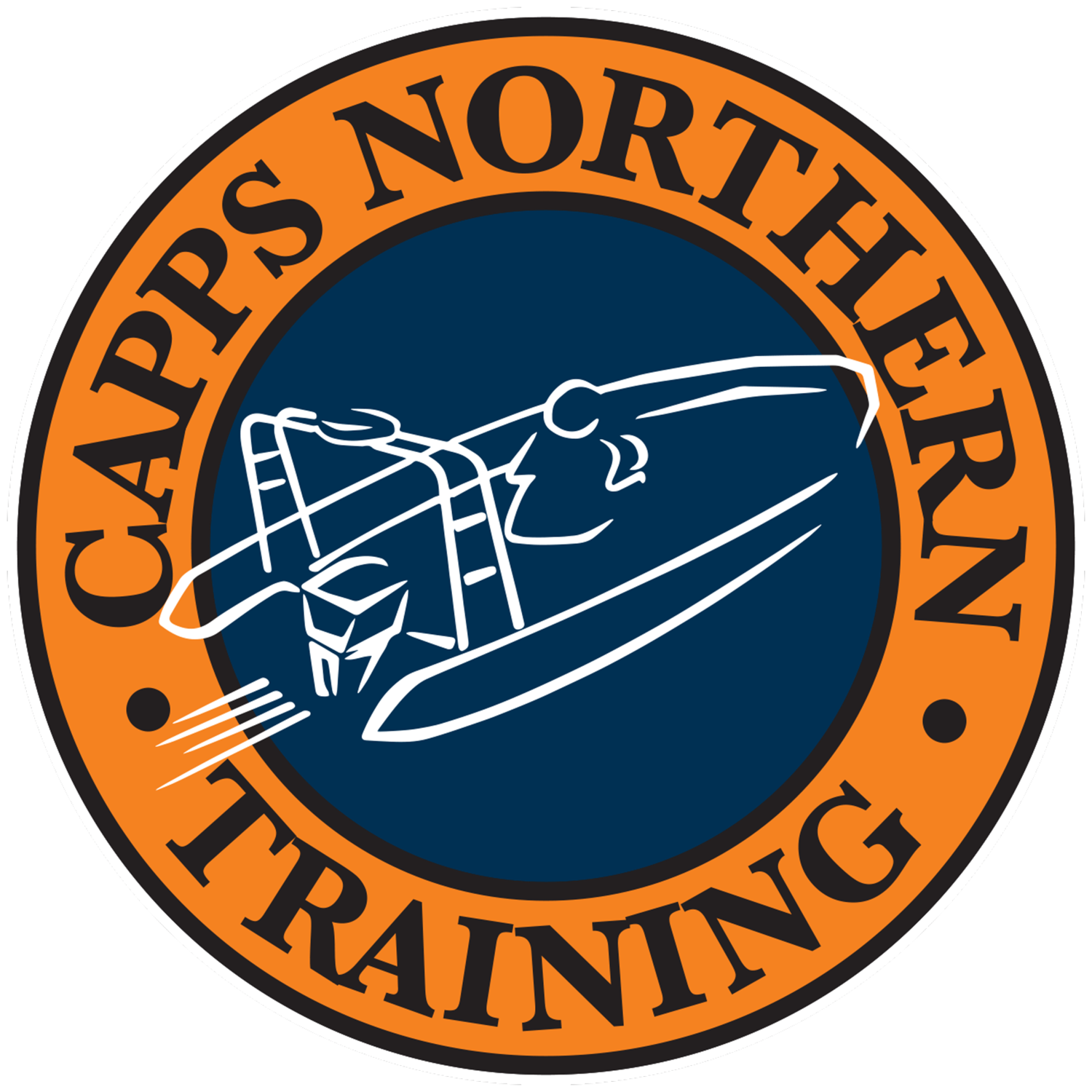SMALL VESSEL OPERATOR PROFICIENCY (SVOP)
course description:
The subject matter contained herein meets the requirements of a stand-alone course that addresses the particular need for minimum training of operators of commercial vessels, other than tugs and fishing vessels, up to 5 gross tonnage engaged on a near coastal, class 2 or a sheltered waters voyage, and for fishing vessels up to 15 gross tonnage or 12 meters overall length engaged on a near coastal, class 2 (including an inland voyage on Lake Superior or Lake Huron) or a sheltered waters voyage.
$900
MED Domestic Vessel Safety(MED A2)
Course Description: $1000
MED DVS is formerly known as MED A1/A2 for crew of commercial Vessels ie ( Passenger vessels 15 GT and over or carrying 12 passenfers or more; Workboats of 15 GT and over; Fishing Vessels operating domestically (within Canada), on Sheltered Waters voyages, and Near Coastal Class 2 voyages.
This courses provides knowledge and skills to prevent, prepare and respond effectively to onboard emergency situations (ie- ship board incidents, fires) or drills, and assist in their own survival and rescue.
SDV-BS (MED A3)
COURSE DESCRIPTION:
Marine Emergency Duties: Small Non-Pleasure Vessel Basic Safety. MED Training is required for any seafarer within 6 Months of working on a commercial vessel. The MED Certificate needed will depend on the size, type of Vessel and area of Operation.
$400
SPV NCP -
Small Seasonal Passenger Vessel Safety (Non-Certificated Personnel)
COURSE DESCRITPION: $400
1 day course on all sections of the Approved TP syllabus in TP 4957 of SPV-NCP
RADIO OPERATOR CERTIFICATE MARITIME COMMERCIAL
COURSE DESCRIPTION:
Industry Canada. With Digital Selective Calling (ROCMC) This course includes lectures and practical exercises using a VHF radio. Subjects include radio history, proper procedures, terminology and a basic understanding of how radios operate. Includes Digital Selective Calling (DSC)
“The Restricted Operator Certificate ─ Maritime Commercial (ROC-MC) is intended for mariners, serving on compulsorily fitted commercial ships within the North American A1 Sea Area, as defined in Radio Aids to Marine Navigation.”
$650
RADIO OPERATOR CERTIFICATE - MARITIME
COURSE DESCRIPTION:
Canadian Power And Sail Squadron
“This certificate is mainly intended for pleasure boaters, as they do not fall within the scope of Transport Canada’s Ship Station (Radio) Regulations, 1999. As of September 1, 2000, Industry Canada delegated the examination and administration of the ROC-M certification program to Canadian Power and Sail Squadrons (CPS). Courses for this certificate are developed and delivered by private examiners and/or instructors associated with CPS. Application for this certificate can be obtained from CPS, and certificates are issued by CPS. Certificates are valid for life and there is no renewal requirement. No photograph of the holder is required, and there is no age or nationality restriction.”
$400
Additional Instructional Courses
CHARTWORK 1 & 2
As part of the Fishing Master IV and Masters Limited - 60 ton, Mate 150, Master 150 curriculum, this course examines theory and practice of navigation of Chartwork 1 & 2. This course is structured to develop the “hands-on” practical skill set needed to serve as an officer in charge of a navigational watch on a fishing vessel.
Course Topics:
The principles of Construction of the different types of nautical charts and their use.
Nautical publications including, the Canadian Aids to Navigation, Notices to Shipping, Notices to Mariners, CHS Chart No. 1 and others.
Latitude, longitude and the ability to plot the ship;s position by GPS coordinates, simultaneous bearings, range and bearings and distance of landmarks. The magnetic compass and the ability to determine ship;s heading is true, magnetic and compass degrees.
Direction and courses between positions on a nautical chart.
Converting the ship’s course from true to compass and vice versa.
Dead reckoning (DR plotting and comparing the DR position to observed position to determine the effect of wind and the current on the vessel.
$2500
NAVIGATION SAFETY
This course covers the Collision Regulations and relevant STCW codes. Ship requirements relating to navigational safety and equipment help to ensure that ships navigate and operate safely, avoid collisions and grounds, and navigational errors are minimized. There are navigational equipment carriage requirements and operational requirements to enhance navigational safety. This course of instruction covers the International Collision Avoidance Regulations, along with the Canadian Amendments and Components of the Bridge Officers Guide. This certification is required for all levels of users on the Waterways of Canada.
$1200
ECDIS $1800
( Electronic Chart Information Display Systems)
SEN L $1200
( Simulated Electronic Navigation- Limited)
The Small Vessel Machinery Operator (SVMO) or Small Vessel Machinery Operator – Restricted (SVMO-R) is the minimum Marine Engineer Certificate required for passenger vessels that have propulsive power from 75 to 749 kW and do not go beyond a Limited Near Coastal Voyage, Class 2.
The SVMO is also acceptable for:
passenger vessels with propulsive power from 750 to 1500 kW
cargo vessels with propulsive power from 750 to 2000 kW
tugboats with propulsive power less than 3000 kw
on voyages that last less than 6 hours and are either a Limited Near Coastal Voyage, Class 2 or a Sheltered Waters Voyage.
$1000
Do you have 8 or more Members/ Employees who need Marine Training?
We can travel to You!
Book a private course with Capps Northern Training today!
ALL COURSES ARE SUBJECT TO AN ADDITIONAL 5% GST
*Prices are subject to change









